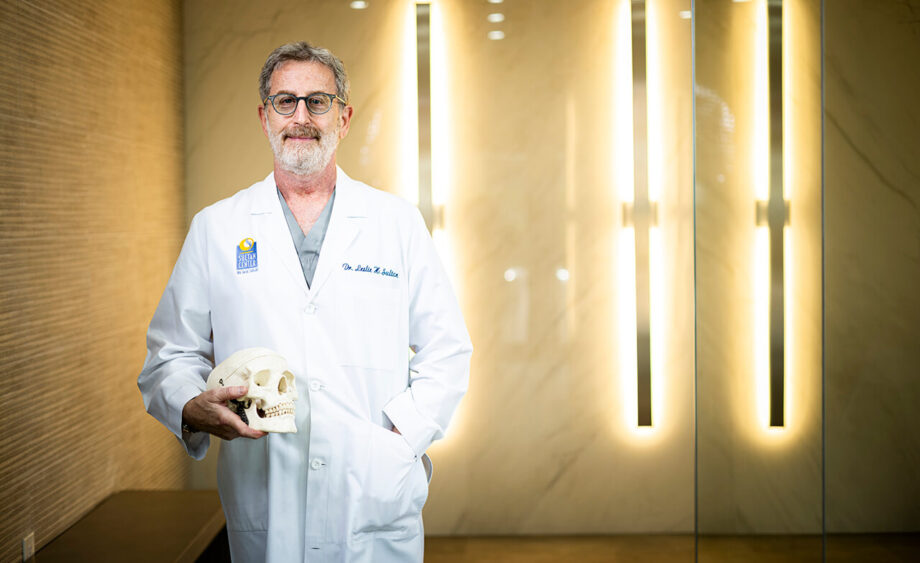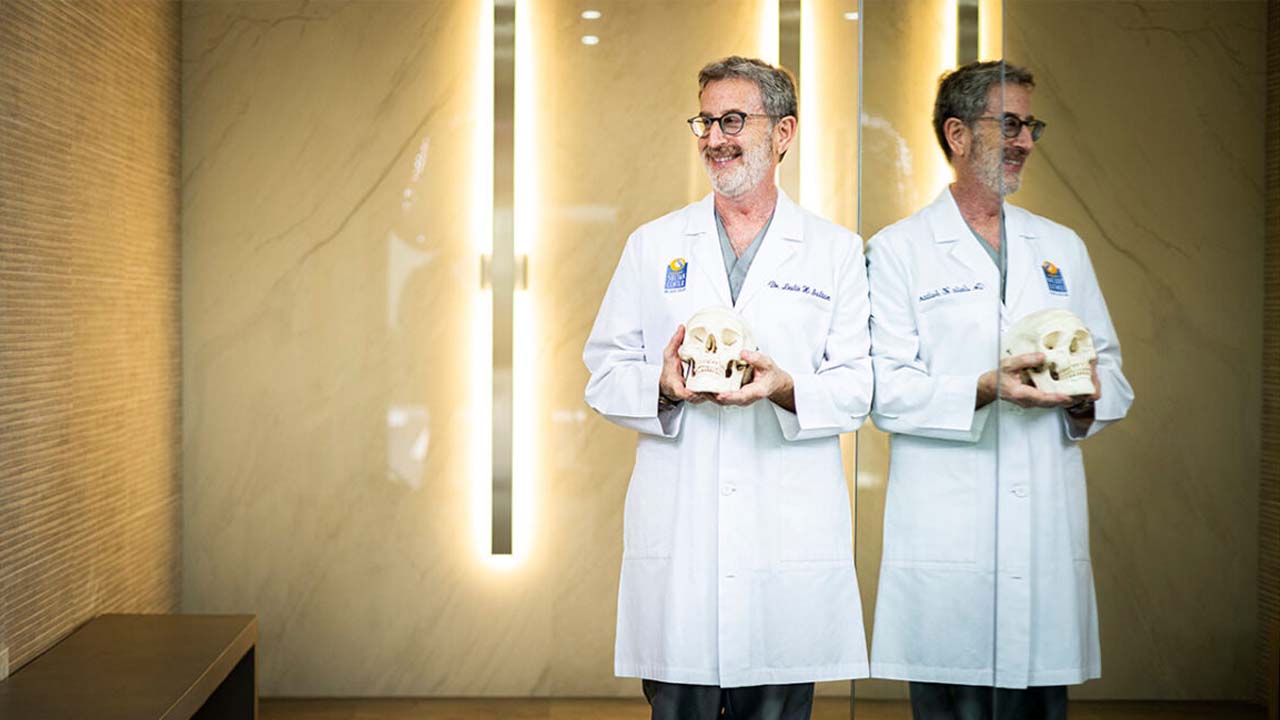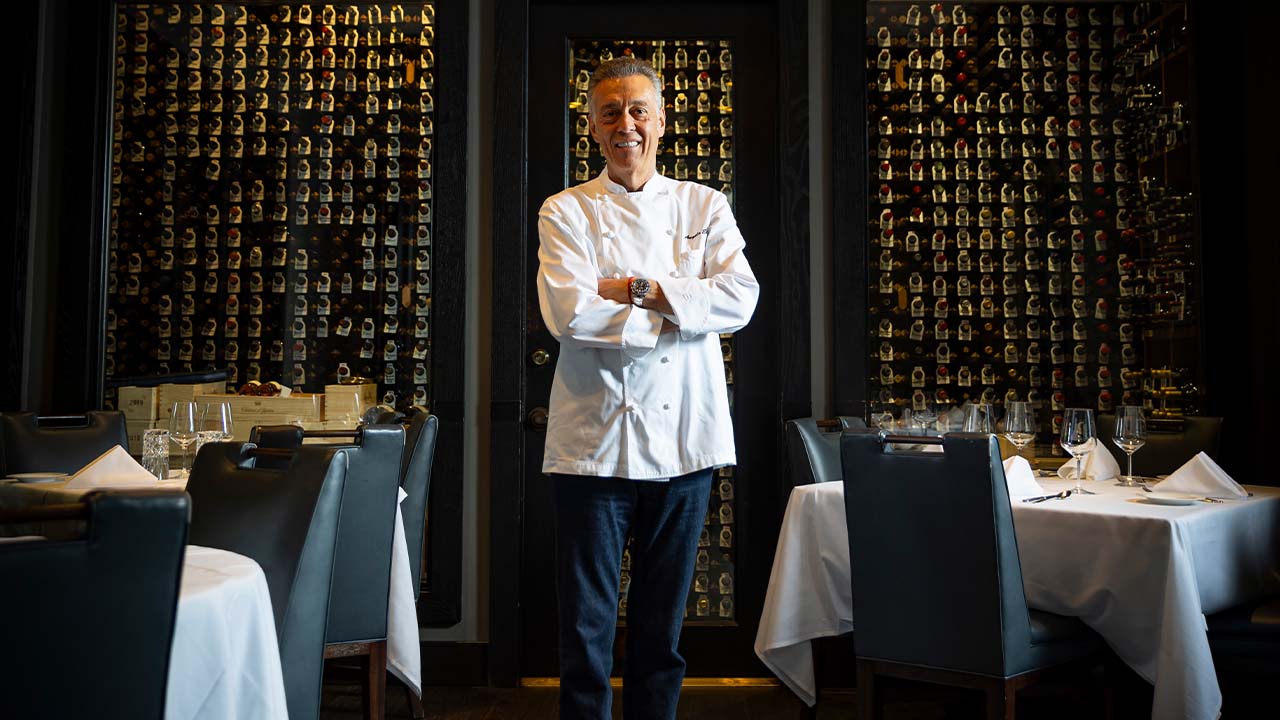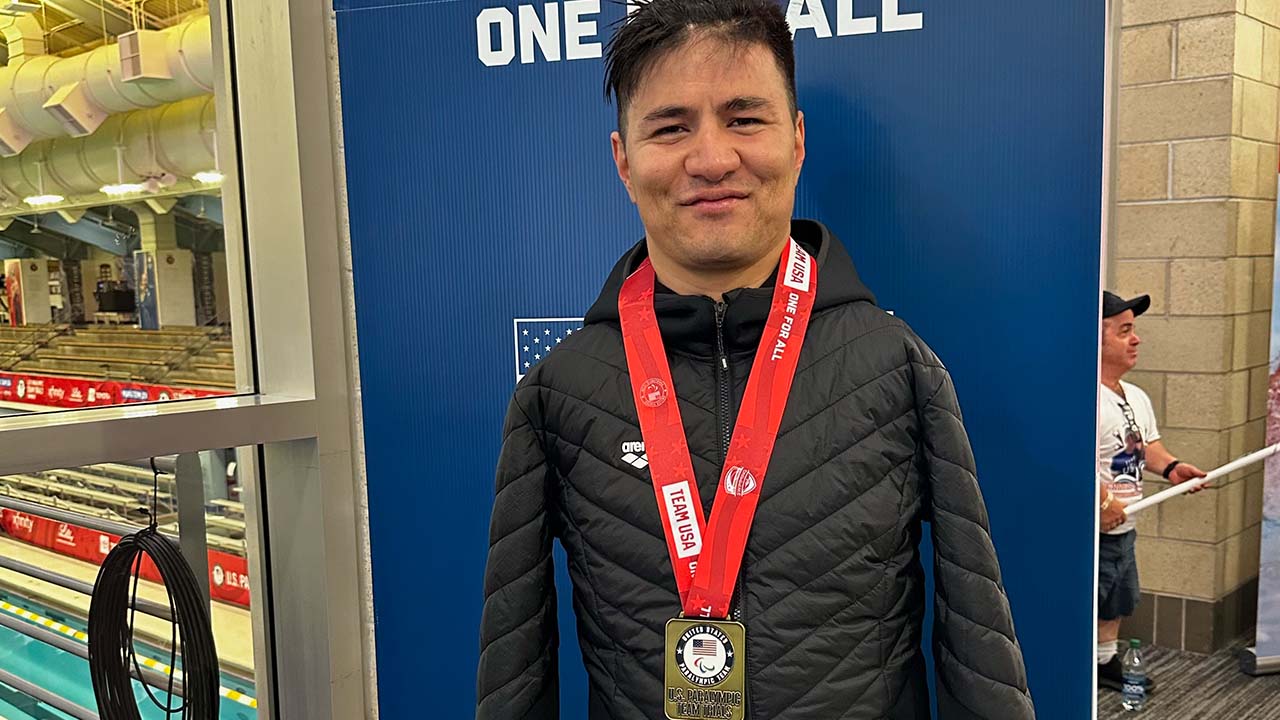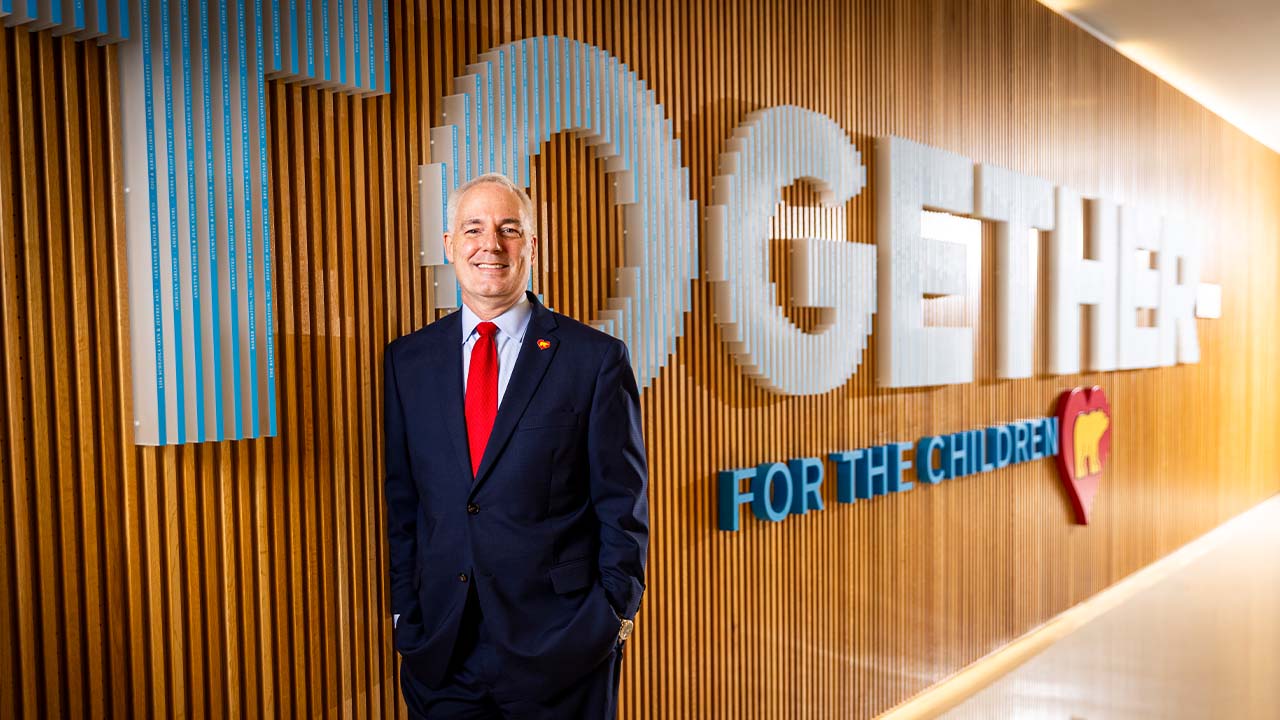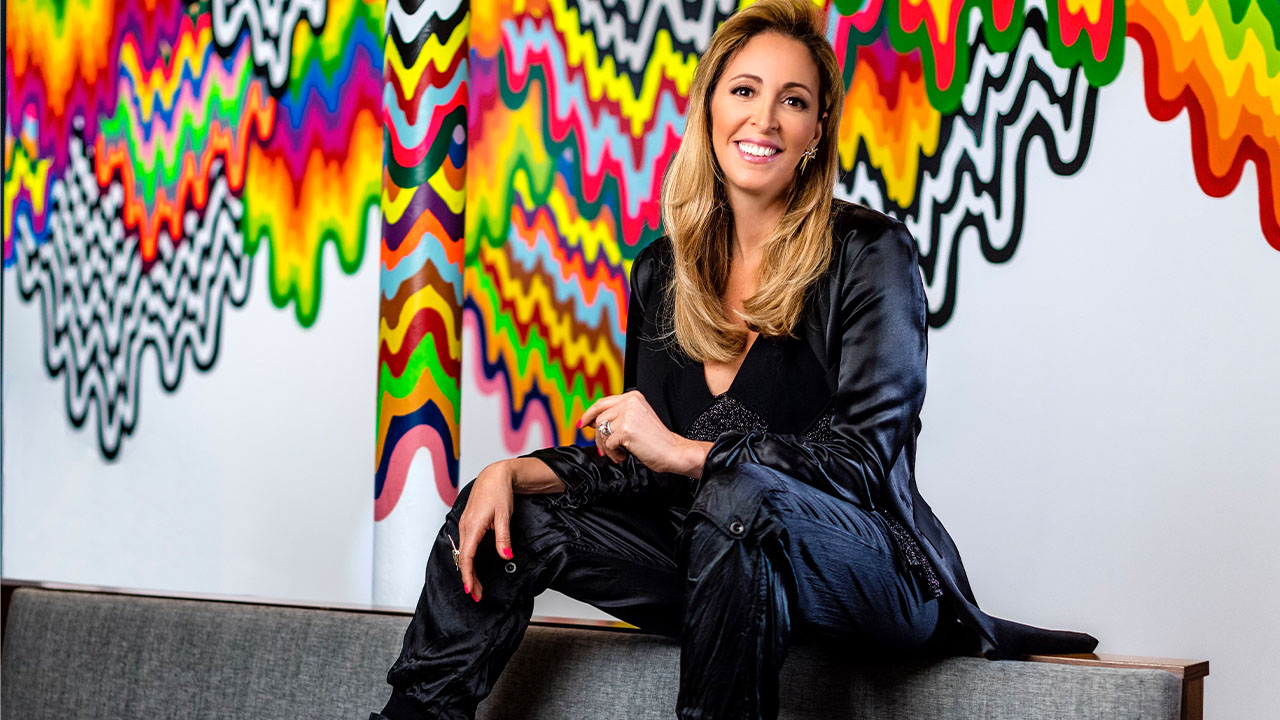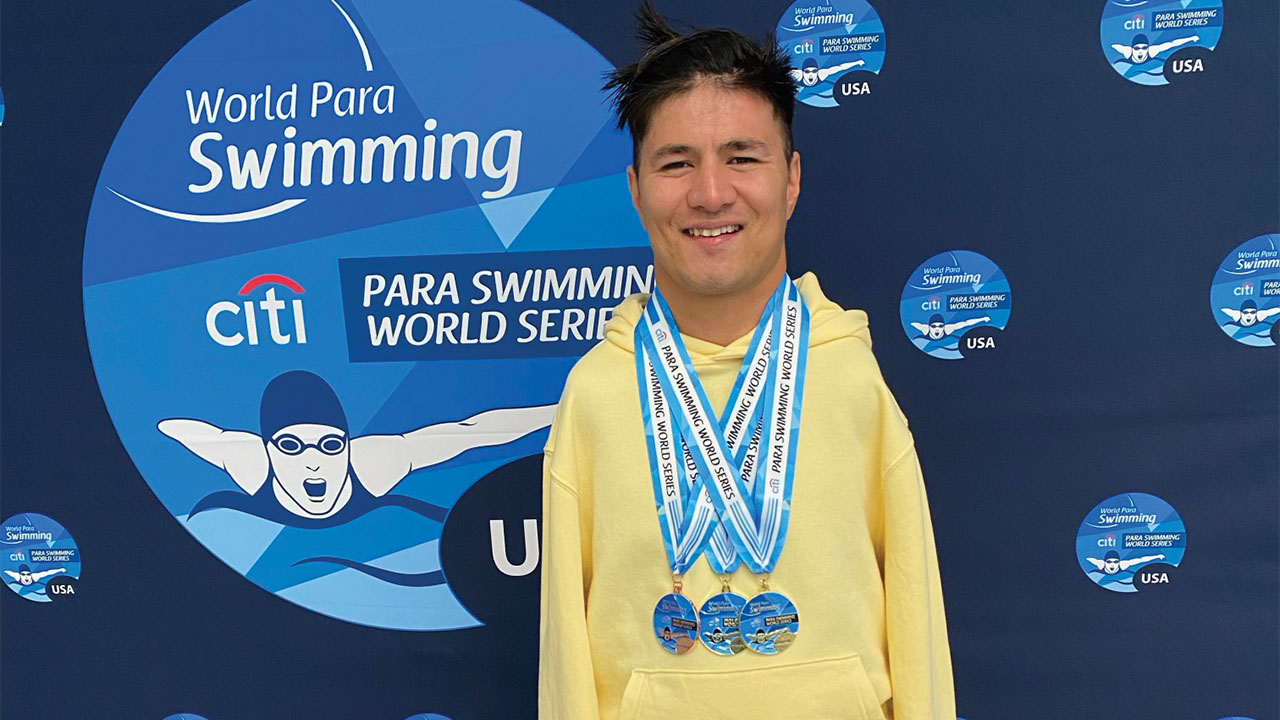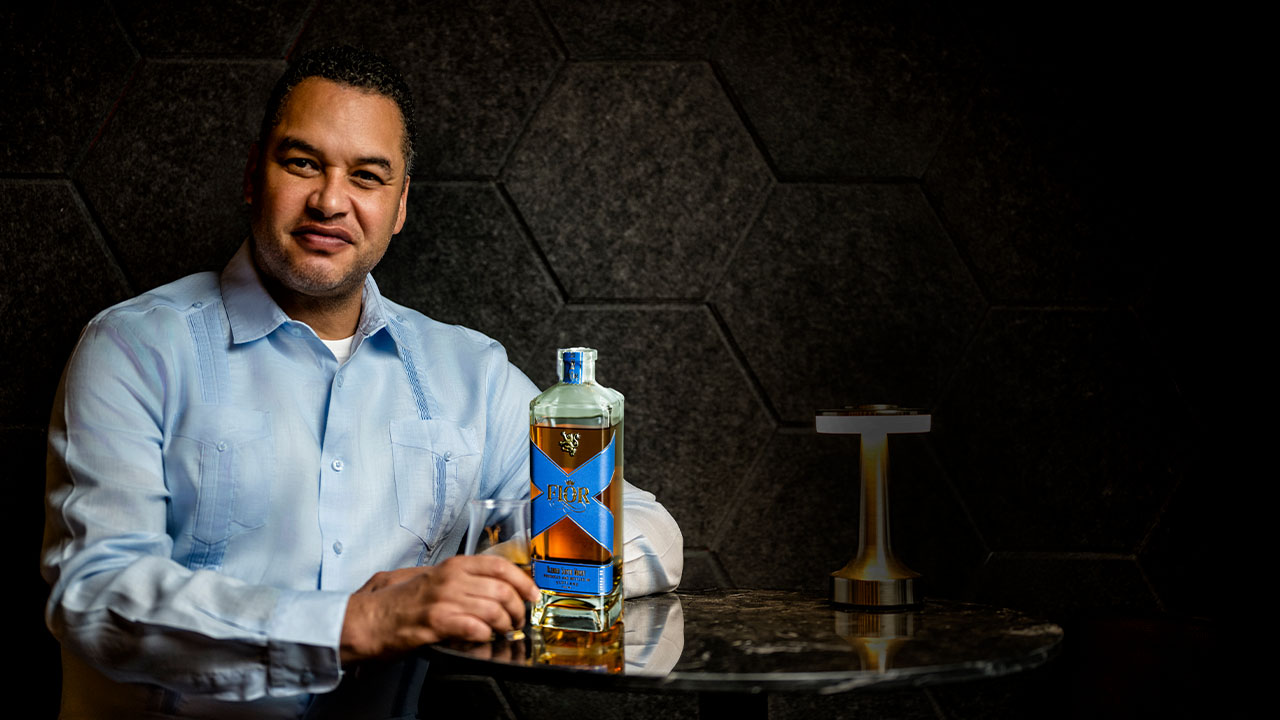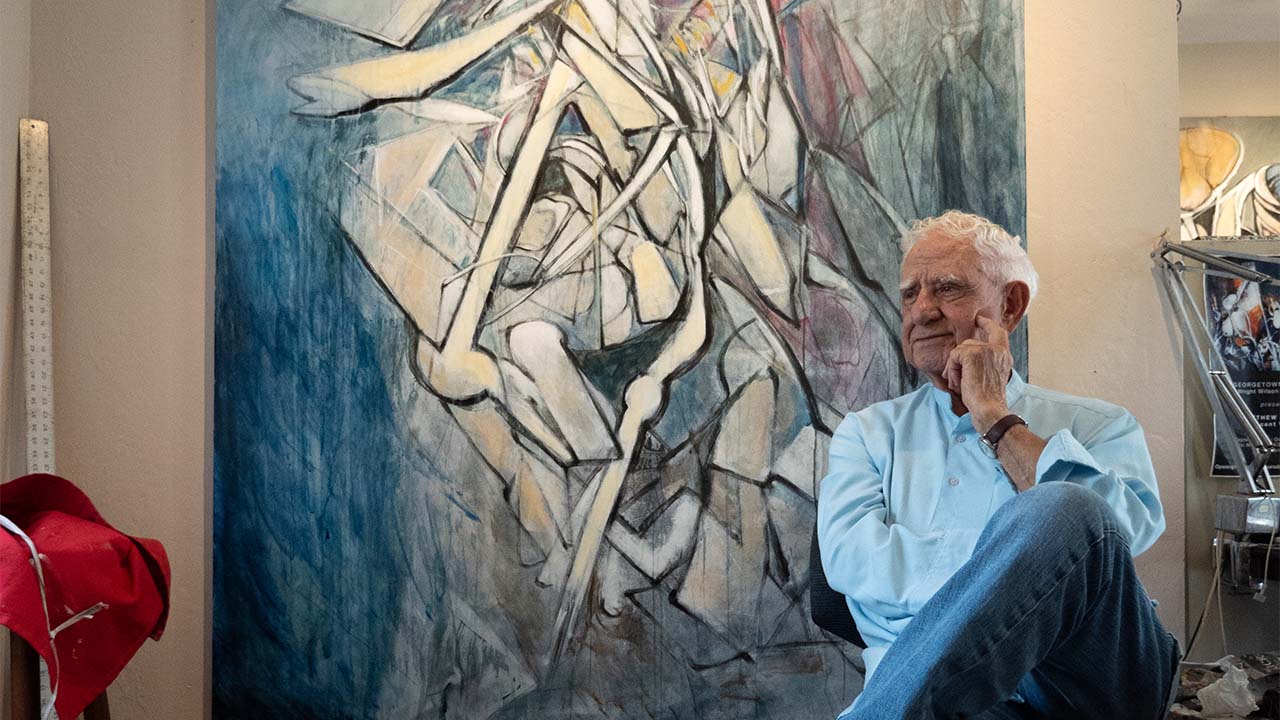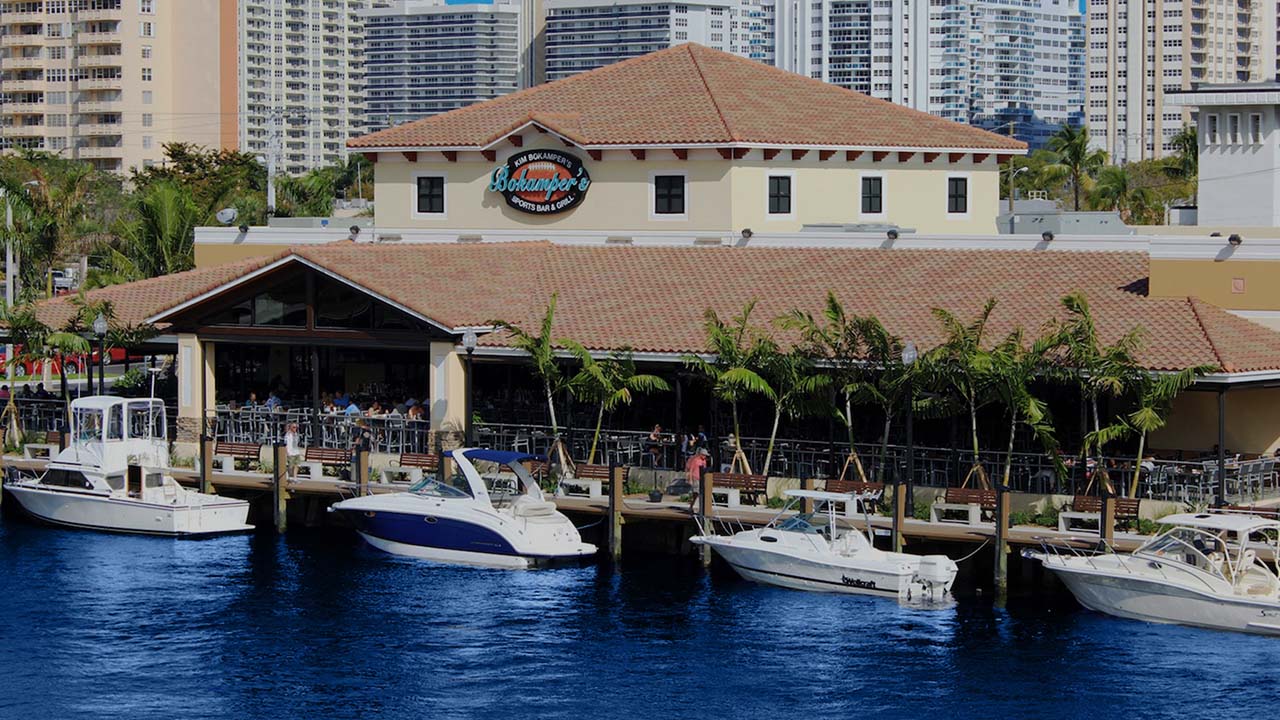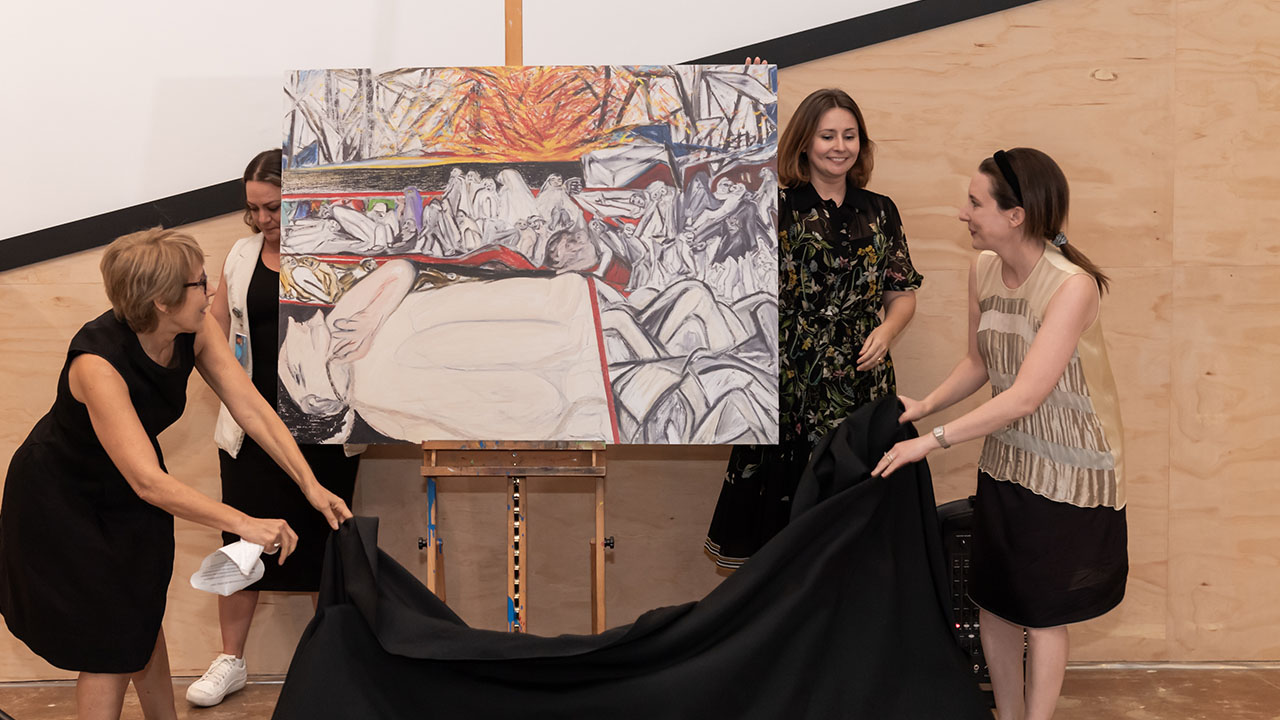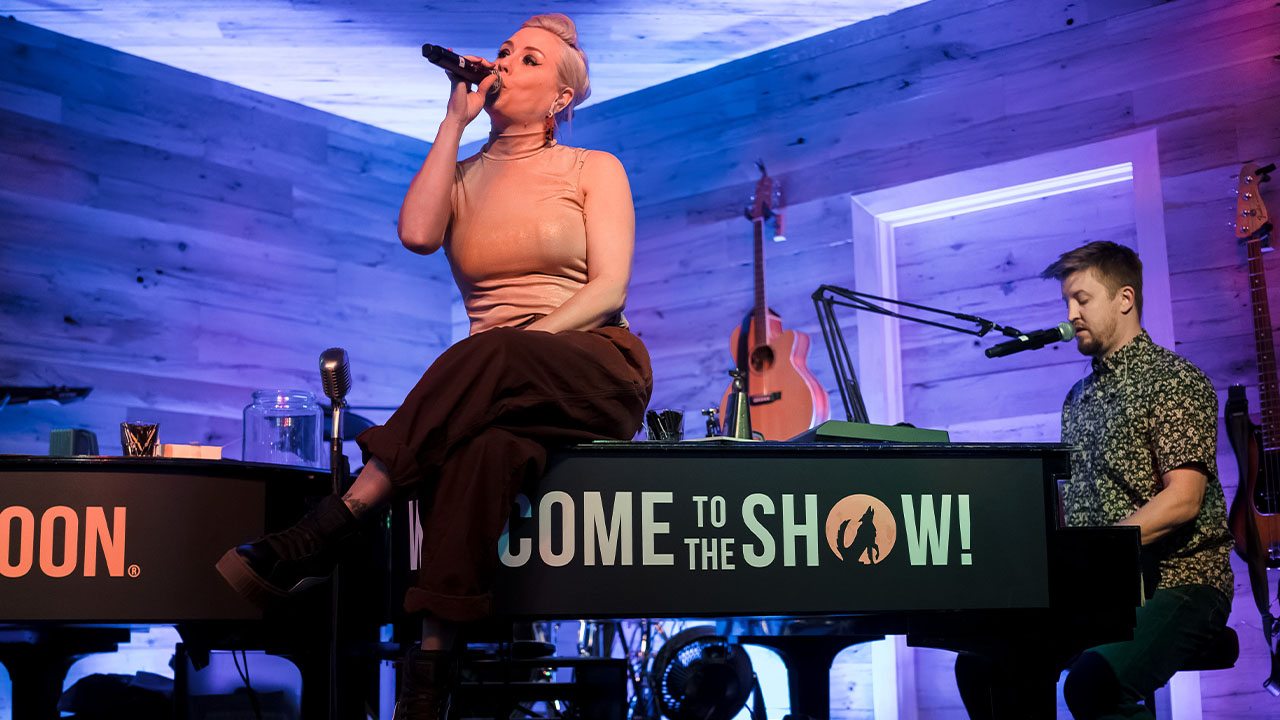Being a 15-year-old girl in today’s image-centric world is hard enough, but for one of physician Leslie Sultan’s patients, adolescence was even more challenging. Growing up, the patient suffered from idiopathic condylar resorption—sometimes called teenage arthritis. It’s a condition that affects the jaw joints and causes the lower jaw to settle back and develop what Sultan describes as a “bird beak deformity.”
Sultan, a private-practice oral and maxillofacial surgeon (OMS) in Fort Lauderdale, says that over a period of time, the girl had no jaw bones left.
“She had a huge open bite,” says the founder of Sultan Center for Oral Facial Surgery.
As teenagers do at 15, the girl interviewed for a summer job as a barista at a local coffee shop. She was rejected because of her jarring appearance. The teen also had trouble making friends or dating. After meeting with several surgeons around the country, she found herself across from Sultan at his office in Fort Lauderdale.
The girl’s mother wanted what every mother wants for their teenage daughter: for her to feel confident and beautiful. “I want my daughter to look hot,” Sultan recalls the girl’s mom saying.
“Those are difficult shoes to fill,” Sultan remembers. “The treatment involved replacing both jaw joints with prosthetic joints and repositioning the upper jaw in the channel. It was a 12-hour surgery.”
This past April, Sultan saw the girl for the first time in a year since her surgery.
“She’s now graduated from high school; she’s going into pre-med. She wrote her college entrance essay about her experience with my treatment. She basically is fighting off the boys now,” Sultan smiles. “It was an incredible experience.”
This young girl’s transformation is one of countless stories that Sultan could tell from his more than three decades as a surgeon. Another, he recalls with emotion, was when a woman was shot point blank in the face by an abusive boyfriend.
“Her entire lower jaw was blown up into pieces,” he recalls. “We did three different reconstructive surgeries. We took material from her hip, and we stabilized the injury, but it was nowhere near what she should have had. Unfortunately, she went on to develop PTSD, and it became very difficult for her to be seen in public. We lost track of her for a few years.”
But then, when the former boyfriend who shot her finally stood trial, Sultan heard from the woman’s attorney, who reconnected them.
“I asked her if she’d like to come back as a patient and let me see what I could do to help her,” he recalls. “I got a number of people involved from Broward General Medical Center, the anesthesia department, the dental implant manufacturer, and the prosthetic lab. We provided one of those teeth-in-a-day, immediate reconstructions, where the patient got a complete smile at no charge. It was exhilarating what we were able to do.”
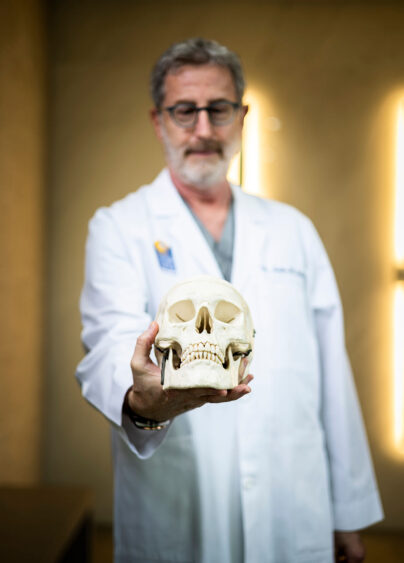
When asked what it feels like for him to see the final result of his transformative work, Sultan says he tries, somewhat unsuccessfully, to hold his emotions back.
“Truthfully, sometimes there are tears in my eyes,” he says. “I won’t let anyone see it. But my voice kind of cracks a little bit.”
Rebuilding a person’s face, for Sultan, is both a great honor and a great responsibility.
Like a sculptor, Sultan has had to become intimate with the creative subtleties, symmetries and shapes of the face, then master the technologies and skills to bring his art to life. When he was in residency at the Mount Sinai Medical Center on the Upper East Side of Manhattan, he was just blocks away from the Metropolitan Museum of Art.
“One of my clinical instructors—he was probably the top prominent jaw reconstruction surgeon in New York City back in the 1980s—used to eat lunch every day at the Met. He would just study the art,” Sultan
remembers. “When I went into my residency program, the first lecture we had from this surgeon, he said, ‘Looking at somebody’s face is an art. Putting it together is both an art and science.’
“He called each one of us to the chalkboard and gave us a piece of chalk. He said, ‘I want you to draw what you consider to be a perfect profile of a patient face. Until you can do something close to the right proportions, you can’t treat [the patient] and plan a surgery.’ ”
Today, technology has progressed to aid Sultan in the three-dimensional design of facial structures, but the process is no less skill intensive.
First, he performs a clinical assessment of his patient. Then he obtains a digital diagnostic record of the patient’s face from a CT scan. He records digital models of the teeth, bite, jaw structure, airways and how everything interconnects. Then he takes digital scans of the patient’s face, evaluates photos of the patient and takes into account the patient’s desired facial changes. He sends all the data to his 3D-modeling engineer who inputs it into a 3D virtual treatment planning software platform.
Using various presets for things like gender, race and age, Sultan virtually plans surgical treatment for his patient. When he and his patient agree on a desired result, the software then generates patient-specific, custom-3D guides to section and reposition the facial bones. All the hardware needed to rebuild the face—the joints, jaw, teeth, chin, cheekbones—are 3D printed. Surgery to reposition the facial bones—called orthognathic surgery—can last anywhere between three and 12 hours. He describes the procedures as similar to putting together a complicated jigsaw puzzle.
“It requires extremely accurate eye-hand coordination,” he says.
Surprisingly, Sultan arrived at his field of expertise first by pursuing his Ph.D. in organic chemistry at Pennsylvania State University. The parallel may not be readily obvious, but Sultan explains the connection.
“In organic chemistry, you have to learn how to build 3D molecules,” he says.
He stopped pursuing organic chemistry in graduate school when he realized that he preferred human interaction to science labs.
“I love working with people,” he says.
He switched courses to pursue general dentistry at the University of Maryland, then did his internship at Jackson Memorial Hospital in Miami. The very first opportunity he had to participate in a surgery, he knew he wanted to continue his schooling to become an OMS.
He completed his residency at Mount Sinai Medical Center in New York City, found his niche and hasn’t looked back since. He opened his practice in Fort Lauderdale to be near family in 1990.
Ten years ago, Sultan faced one of the biggest challenges of his own life when he was diagnosed with cancer. Luckily, he beat it with six months of treatment. Cancer-free for the past decade, he says he feels even more compelled to help his patients through medical challenges.
“I think anybody that goes through a major life-changing health-care experience is going to change the way they deal with people. I’ve become more empathetic,” he says. “It has definitely made me better at dealing with patients and trying to help them deal with the good, the bad and, sometimes, the ugly.”
Some days, Sultan says, his career is mind-blowing to him. He was the first in his family to even graduate college. Now, he is one of the few solo-practice surgeons of his kind in the country.
“I’m not going to say I’m a dinosaur, but I’m one of the few solo practitioners in my specialty that’s still around,” he says. “Everything has become commercialized.”
Sultan plans to continue practicing as long has he is able.
“I would like to work for another 10 years,” he says. “I love what I do.”
